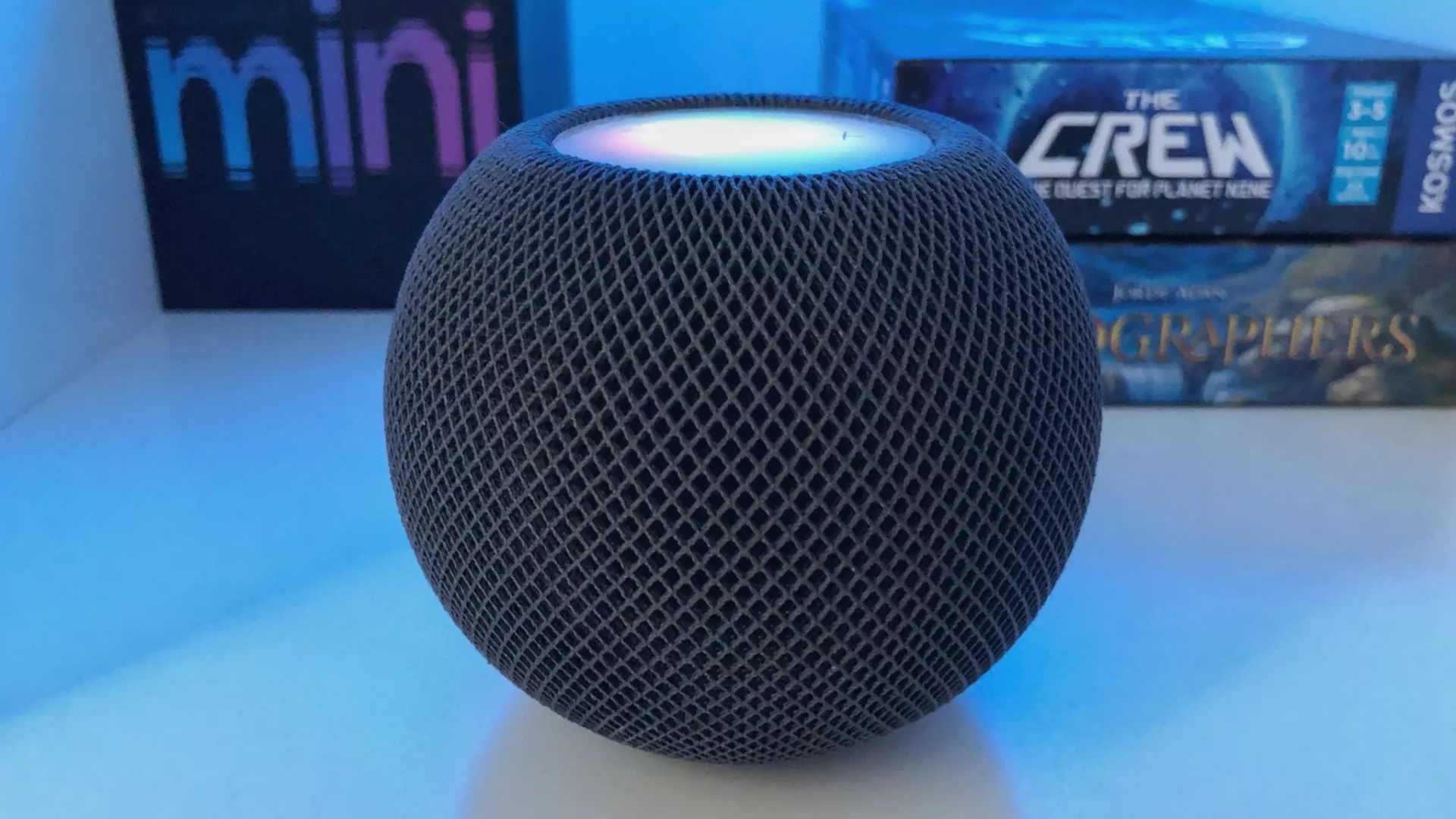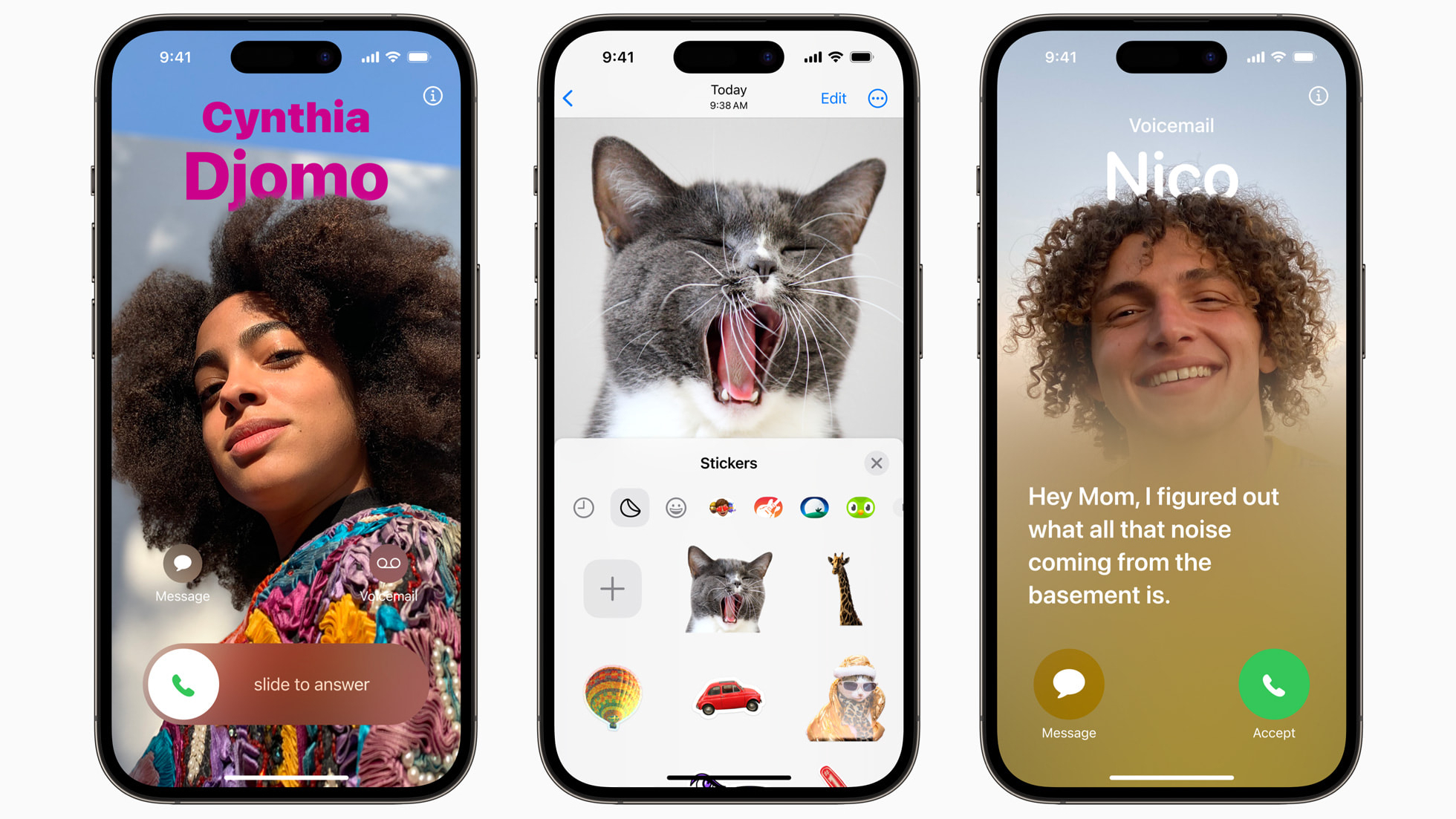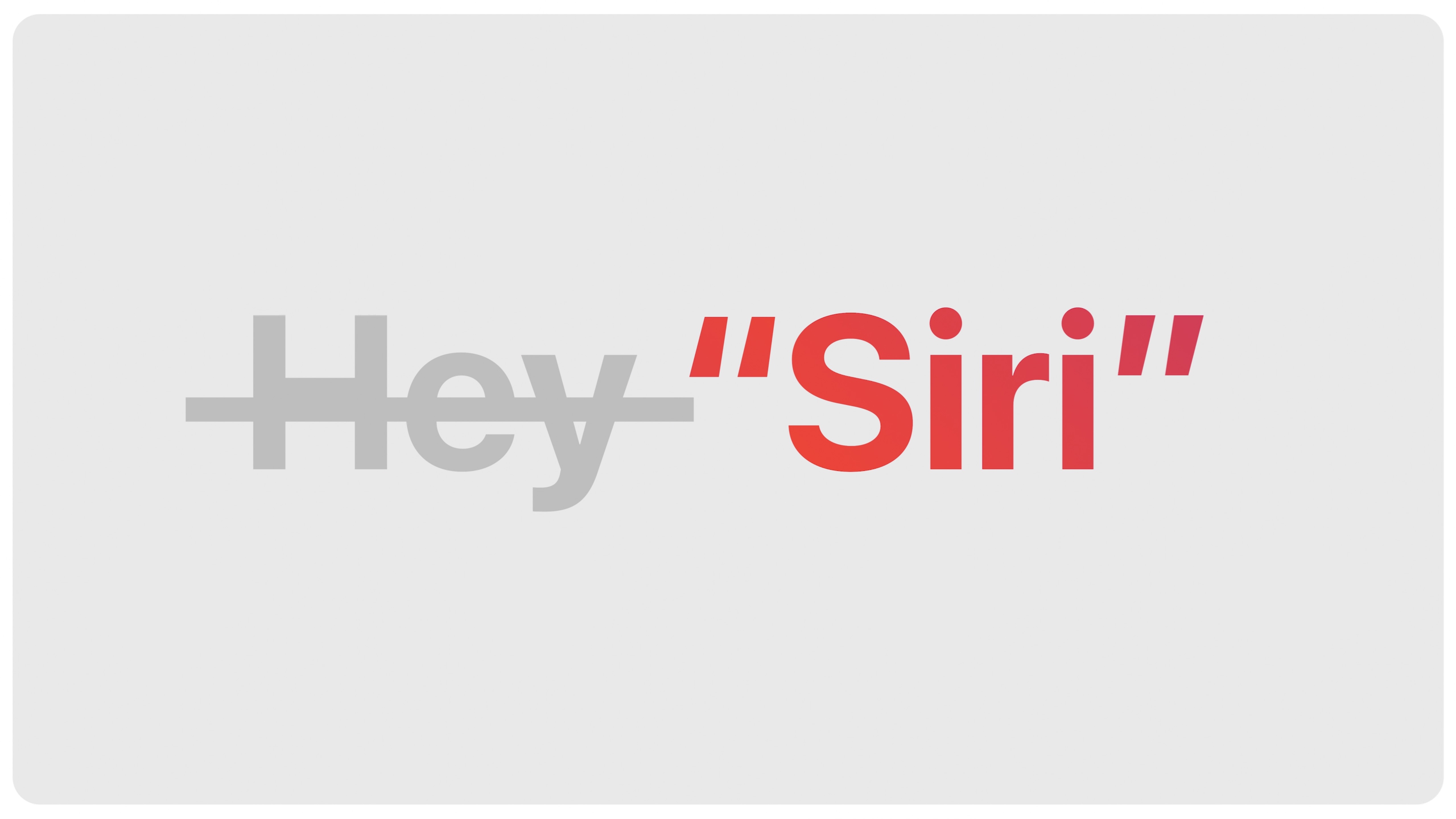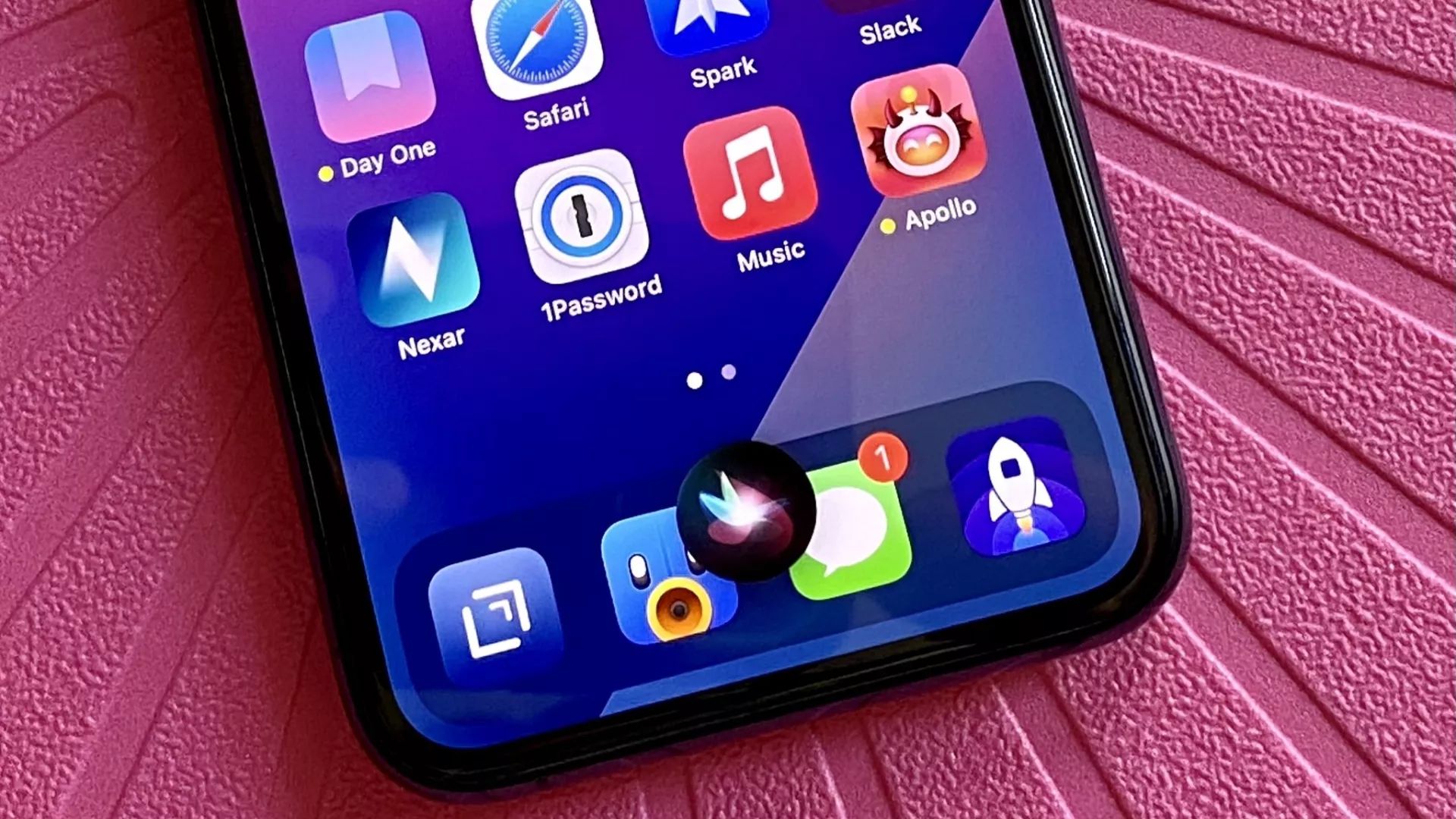For Apple's bilingual users like me, Siri is a letdown on iPhone, Mac, iPad and more
Opinion: Lost in translation.

As a recent Apple convert, I was surprised by the ecosystem's capabilities. That is, until Siri tried to read notifications in Spanish.
In 2021, I decided to take the plunge and switch to Apple with the iPhone 13 Pro Max. Ever since then, it’s been rare for me to leave the house without my AirPods. As someone who loves listening to music, they allow me to do so in a comfortable and portable way. Aside from pure ergonomics, though, I’ve grown fond of the hands-off experience with my phone, especially during long walks or a gym session, thanks to Siri reading messages for me.
The problem is, as a bilingual person, Siri can’t handle Spanish very well. On occasion, I might make some sense of what it's reading, in particular with short messages. But more often than not, the speaking is so incomprehensible that it quickly turns from a helpful tool to a sensorial nuisance.
Two years later, I'm still waiting for a firmware update to surprise me and improve this otherwise welcoming feature. As annoying as it continues to be, it's been comforting to learn that many more people across the globe share the same frustrations as I do.
Choose your language

First, some backstory. I was born and raised in Argentina, which means that Spanish is my native language. Hobbies, from video games to music, helped me to learn English at an early age. Over time, and after a few unexpected turns in life, I decided to make a career out of journalism. While I started in local outlets, I decided to start freelancing internationally in 2017, and I have yet to look back.
During the past few years, I've set every device I use to English. It's not just a way of keeping up with my endless practice, but a commodity. I chat with peers on a daily basis, all the way from New York to London, more than I do with friends and family in Buenos Aires. Siri handles these messages perfectly, reading Slack or Twitter DMs without issues. Whenever I get a message in Spanish, however, it gets tricky.
For a while, Siri tried its best. And yet its best was sounding like a tourist visiting South America who slacked on Spanish classes in school, nor did it seem interested enough to at least boot-up Duolingo a few times.
Occasionally, it did a decent enough interpretation for me to hold onto hope and continue using the feature. And before you ask, no, I don't want to set my phone to Spanish, as I'd have to put up with the exact same problem, even more frequently.
Master your iPhone in minutes
iMore offers spot-on advice and guidance from our team of experts, with decades of Apple device experience to lean on. Learn more with iMore!
Read it

After recent software updates, Siri often relies on a quick and simple “X sent a message that is not in English.” Sometimes I’m given the option to say “read it” to read it anyway, although this never worked for me, and only led to strange looks from bypassers thinking I was talking to myself. In the worst-case scenario, particularly when there's a quick succession of messages, Siri gives up and defaults to saying “and another one,” over and over.
Considering how accurate and helpful Siri can be, as I often use voice commands while at home to set alarms or pause Spotify, it's discouraging to see it so at odds with itself around two languages that it can read well separately.
Over at Reddit, user MrOaiki shares similar problems who is also a bilingual person that speaks both Swedish and English. When Siri is set to Swedish, calendar and text notifications are read correctly — unless somebody messages in English.
If they want to play a song on Spotify, Siri won't recognize the title less it's in Swedish. If Siri is set to English, MrOaiki can use Spotify freely, as well as their smart home. But they can't either understand or respond to any Swedish messages.
The thread, hosted on r/apple, has seen over 1.5k upvotes and over 300 comments in two years, with messages as recent as a few months ago. Dutch, Portuguese, Russian, you name it. A large percentage of people grew tired and stopped using Siri altogether. Others, like me, are still holding onto hope.
"And another one, and another one…"

On July 13, Apple released the first public iOS 17 beta. Surprisingly, one of the features folded in includes support for bilingual queries to Siri. At the moment, users will only be able to ask queries to Siri by mixing English with Hindic languages (Hindi, Telegu, Punjabi, Kannada, and Marathi).
While we won't see this and other standout features fully realized until its official launch in the fall, it feels like a first step in the right direction.
Now, it's worth reminding that Google Assistant implemented multilingual support back in 2018, with Amazon following suit two years later with Alexa. It's been a long time coming for Apple, and in my experience, it can't arrive soon enough.
Whenever I'm at the gym or trying to get writing done, I can just enable Do Not Disturb or a similar Focus setting to silence notifications for a while. If I'm actively using my Airpods without any of these options, it's likely that I'm on the bus going somewhere or walking on the street.
As anyone living in a big city will tell you, I'm not thrilled about the idea of taking my phone out of my pocket every time I get a notification, just to see if it was an important email or an app sending a general message about discounts.
Siri will continue to help in this regard for most of my notifications, while also continuing to annoy me for a smaller, yet equally important number of them. Back in 2021, I thought that buying a flagship phone for the first time would cover all of my needs.
For the most part, it has, and I'm committed to sticking to Apple products for the long run. But as of now, I'll be counting the days until Siri stops forcing me to stick to just one language at a time.
